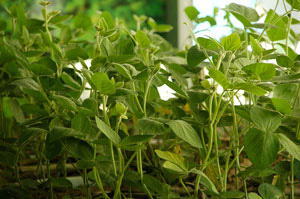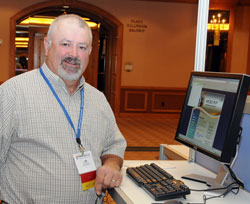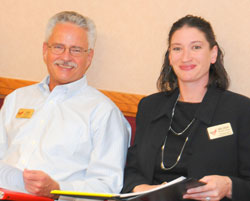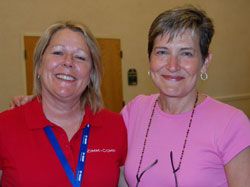 Some web publications have been bought by Vance Publishing.
Some web publications have been bought by Vance Publishing.
Vance Publishing Corporation has acquired two Internet-based businesses that market to and serve the farm and ranch communities, CattleNetwork.com and CattleStore.com. Both were purchased from Integrated Management Information, Inc., of Colorado.
“This is another significant acquisition for Vance Publishing,” reported company Chairman William C. Vance. “It reinforces our position as the premier business-to-business multi-media communications resource in the markets we serve. We will continue to pursue acquisition opportunities that will increase services to our customers and strengthen our existing product lines.”
This is Vance’s first solely digital acquisition; other recent purchases have included a mix of print, e-media, and events. The two new sites will become part of Vance’s growing Food360 group, which includes Drovers, Dairy Herd Management, Bovine Veterinarian and Pork print publications, web sites, e-newsletters, and the Doane forecasting and analysis product line marketed to the agricultural community, along with a host of other magazines, digital products and events.



 Michigan’s largest agricultural equipment exposition has more to boast than just equipment. The 29th annual
Michigan’s largest agricultural equipment exposition has more to boast than just equipment. The 29th annual  By now you know that the new CBB website is
By now you know that the new CBB website is  New technology and new media are a perfect fit, so it is fitting that
New technology and new media are a perfect fit, so it is fitting that  The National FFA Alumni State Leaders Conference kicks off today. FFA Alumni members will have an exciting week touring Washington, D.C., visiting with their congressional representatives and learning more about opportunities available through the FFA Alumni. The event would not be possible without the generous sponsorship of Tractor Supply Company, Toyota and Farm Credit Services.
The National FFA Alumni State Leaders Conference kicks off today. FFA Alumni members will have an exciting week touring Washington, D.C., visiting with their congressional representatives and learning more about opportunities available through the FFA Alumni. The event would not be possible without the generous sponsorship of Tractor Supply Company, Toyota and Farm Credit Services. The Zimfo Bytes you see several times a week have been a very well received feature of AgWired. It allows us to post more nuggets of news to help keep the agrimarketing community informed. Melissa Slage, Cattlemen’s Beef Board, is the author of
The Zimfo Bytes you see several times a week have been a very well received feature of AgWired. It allows us to post more nuggets of news to help keep the agrimarketing community informed. Melissa Slage, Cattlemen’s Beef Board, is the author of  At the Southern Peanut Growers Conference this week, I had a chance to meet up with one old friend I hadn’t seen in over 20 years – and one new friend that I knew but had never met.
At the Southern Peanut Growers Conference this week, I had a chance to meet up with one old friend I hadn’t seen in over 20 years – and one new friend that I knew but had never met. This gentlemen is known as “Mr. Peanut” in the Southeast and he wears many hats in the peanut industry. Tyron Spearman has been the peanut industry reporter for
This gentlemen is known as “Mr. Peanut” in the Southeast and he wears many hats in the peanut industry. Tyron Spearman has been the peanut industry reporter for 